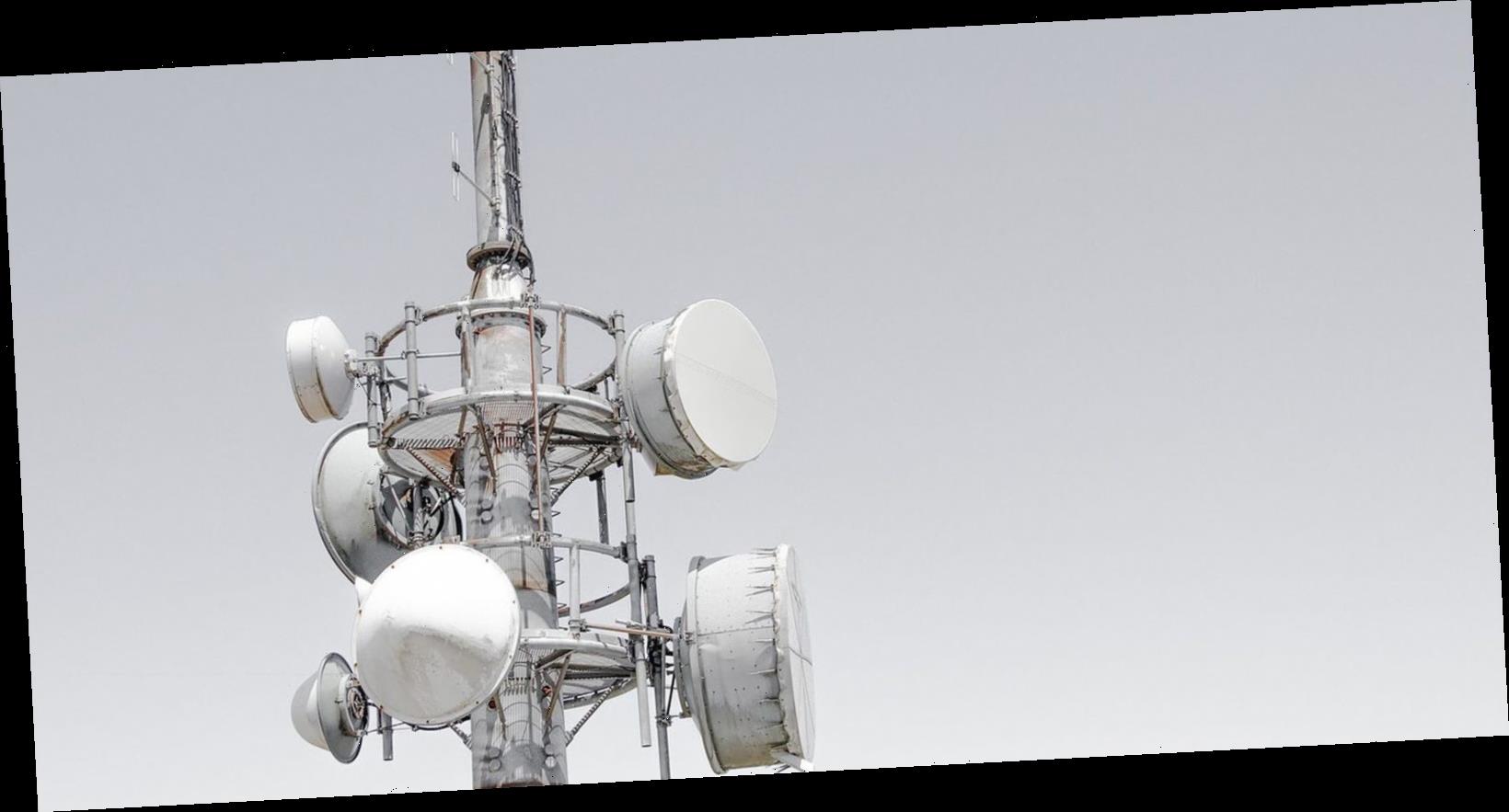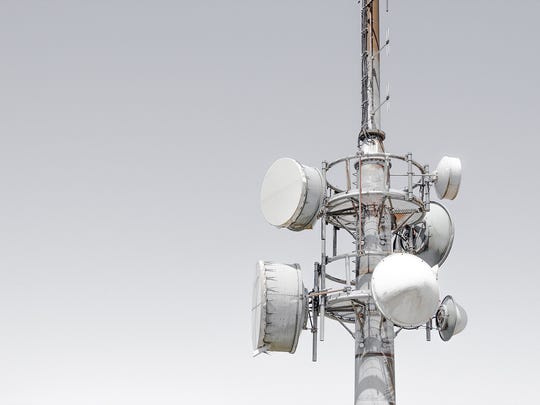SACRAMENTO, Calif. — When the nation’s largest electric utility preemptively shut off power last fall to prevent wildfires in California, customers lost more than just their lights – some lost their phones, too.
Data from the Federal Communications Commission shows 874 cellphone towers were offline during an Oct. 27 power shutoff that affected millions of people. That included more than half of the cell towers in Marin County alone.
On Wednesday, some Democratic lawmakers revealed legislation to force telecommunication companies to have at least 72 hours of back-up power for all cellphone towers in high-risk fire areas. Telecom companies would have to pay for it, but the bill would not stop companies from passing along those costs to their customers.
The outages affected more than just cellphones. Data shows traditional landlines and cable phone customers also lost service during the blackout. That means some people couldn’t call 911 or receive emergency notifications, compounding the dangers associated with an unprecedented power outage in an era dominated by the internet and wireless communications.
“This bill is not about checking your Facebook status,” bill author Sen. Mike McGuire said. “It’s about life and death.”
(Photo: Unsplash)
The federal government tried to mandate backup power for cellphone towers in the aftermath of Hurricane Katrina in 2005. The industry successfully fought it.
“It is unfair and unreasonable for the Legislature and the (state regulators) to allow the electric utilities to de-energize their networks and expect that the communications network is going to become a wholesale replacement for power,” said Carolyn McIntyre, president of the California Cable and Telecommunications Association.
Asked if he expects a fight from the industry, McGuire replied: “Hell yes.”
McGuire announced his bill on the same day representatives from AT&T and Verizon testified before state lawmakers about the outages and ways to prevent them. It’s the second time lawmakers have hauled in private companies to account for the effects surrounding the widespread blackouts in the fall, the largest planned power outages in state history.
In November, lawmakers questioned executives from the state’s largest investor-owned utilities, including the leadership of troubled Pacific Gas & Electric, whose equipment has been blamed for sparking the 2018 that killed 85 people in Paradise and destroyed roughly 19,000 buildings. The company filed for bankruptcy last year.
Telecommunications outages have worsened as wildfires have become more common and more destructive. A report from the California Public Utilities Commission found 85,000 wireless customers and 160,000 wired customers lost service during the 2017 North Bay Fires.
Most recently, the FCC says up to 27% of Sonoma County’s wireless cell sites were offline during a fire in October.
On Wednesday, AT&T and Verizon told lawmakers that while several areas had disproportionate outages, across the region only 3% of cell towers were offline during the power shutoffs. And just because cell towers were down does not mean service was out because of overlapping coverage areas and temporary towers, said Jesús Román, chief legislative counsel for Verizon.
Also, telecommunications companies had trouble getting enough generators in place for the power shutoffs last fall. Many had to come from out of state, but the trucks delivering them were stopped at the state border because they did not meet the state’s emission standards, said Mark Ghilarducci, director of the Office of Emergency Services.
In advance comments to the legislative committee, California’s four largest wireless companies — AT&T, Sprint, T-Mobile and Verizon — say they generally make sure their major telecommunication hubs have at least between 48 hours and 72 hours of on-site backup power. They use mobile generators at other sites, but they said the generators don’t work at every cell tower.
Cellphones: Could a ‘subscription iPhone’ be the answer to Apple’s falling cellphone revenue?
Under Trump administration reforms: Millions of poor lose access to cellphone service
Jeff Luong, AT&T’s vice president for radio access network construction, told lawmakers the company is buying hundreds of portable generators to prepare for the upcoming fire season. Plus, he said the company plans to purchase more than 1,000 new generators, although it will take between three and five years to get them in place because of various permitting processes.
“We are committed to providing communication services that the public and public safety agencies can rely on,” Luong said.
California Public Utilities Commission President Marybel Batjer criticized the telecommunications companies for not providing enough information to state officials about outages during the power shutoffs.
“Engagement and delivery of real time information during this critical period was simply not existent,” she said. “The companies themselves must improve.”
Last year, the Legislature passed a law requiring telecommunications companies to report large outages to the Office of Emergency Services within one hour of discovering them. Officials are still developing regulations for that law.
Source: Read Full Article

